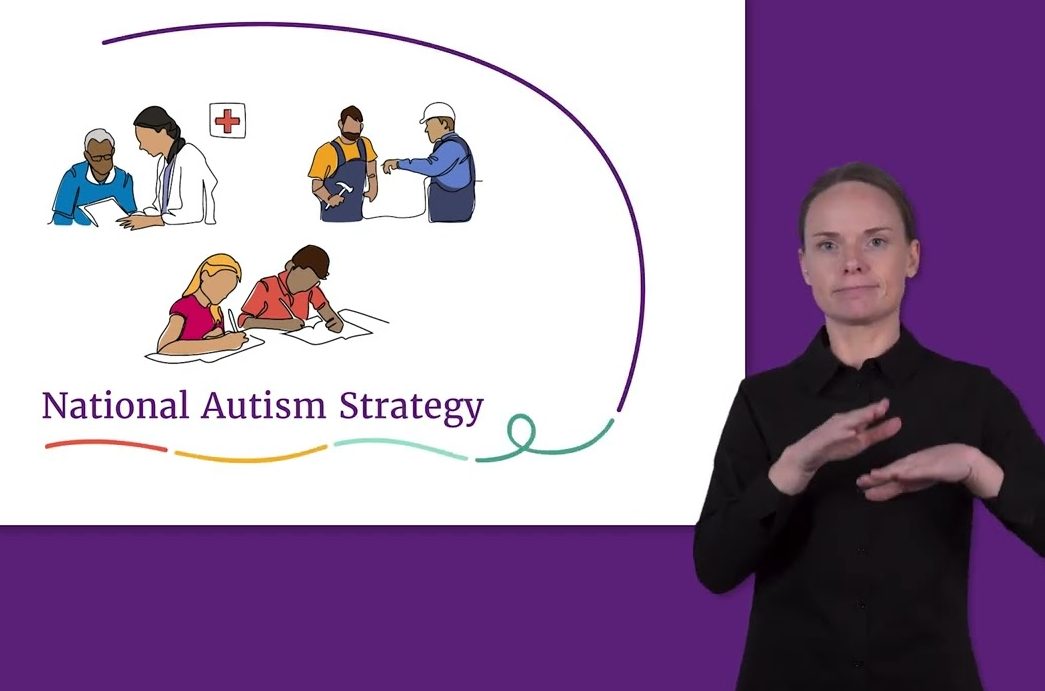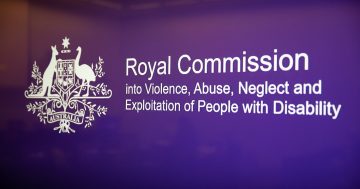
The draft strategy details action plans, an evaluation framework and a roadmap of how to retain the autism community’s involvement as it comes into action. Photo: Department of Social Services.
The Commonwealth has opened up consultation on its draft National Autism Strategy, but concerns remain over key issues that can only be addressed by the state and territory governments.
In 2022, the Federal Government announced it would develop the strategy to guide a more coordinated approach supporting autistic people at each stage of life.
Across key areas such as social inclusion, economic inclusion, diagnosis, services and supports, it proposes 24 commitments focused on autistic Australians’ human rights.
Ina addition, it calls for public education campaigns so that meaningful employment opportunities and appropriate support are provided to those with autism, with greater leadership and active involvement for them in policy and accountability mechanisms.
A dedicated oversight council and its working groups were in charge of development. Between September and November last year, they consulted more than 2000 people representing those with autism, their families, carers, advocates, researchers and other stakeholders.
Now the public is being asked to provide feedback on the draft’s vision, guiding principles, outcome areas and commitments. Submissions are open for the strategy until 31 May and will sit alongside Australia’s Disability Strategy 2021-2031.
A growing number of Australians are on the autism spectrum and have other neurodevelopmental conditions, but have a 20-year gap in life expectancy compared with the general population. They are also about seven times more likely to be unemployed and have a higher risk of homelessness.
Recent data also shows that autistic Australians interact with the justice system at higher rates and endure longer sentences than those off the spectrum.
In an article for The Conversation, National Health and Medical Research Council senior research fellow Andrew Whitehouse said these issues and struggles within education could be addressed only under state and territory laws. However, the strategy is not able to include commitments about functions under state and territory control.
“The administration of education policy and public housing rests with the states and territories, and the vast majority of Australian prisoners are convicted under state and territory laws,” Mr Whitehouse said.
“The potency of a strategy unable to guide government commitment on these most urgent issues is diluted from the start.”
Mr Whitehouse said autism was an area that had historically been plagued by non-evidence-based therapies and supports. This meant the expansion of this evidence base was a key priority to ensure the safety and effectiveness of supports for autistic individuals, which the current strategy did not address.
He added that it also did not touch on early childhood education and care or aged care, which were both largely federal responsibilities.
Education policy was also set at the state and territory level, to which the federal government was a significant contributor.
“A strategy that included a commitment to adequate investment for schools to promote inclusive classroom policies would be a system-changing commitment,” Mr Whitehouse said.











